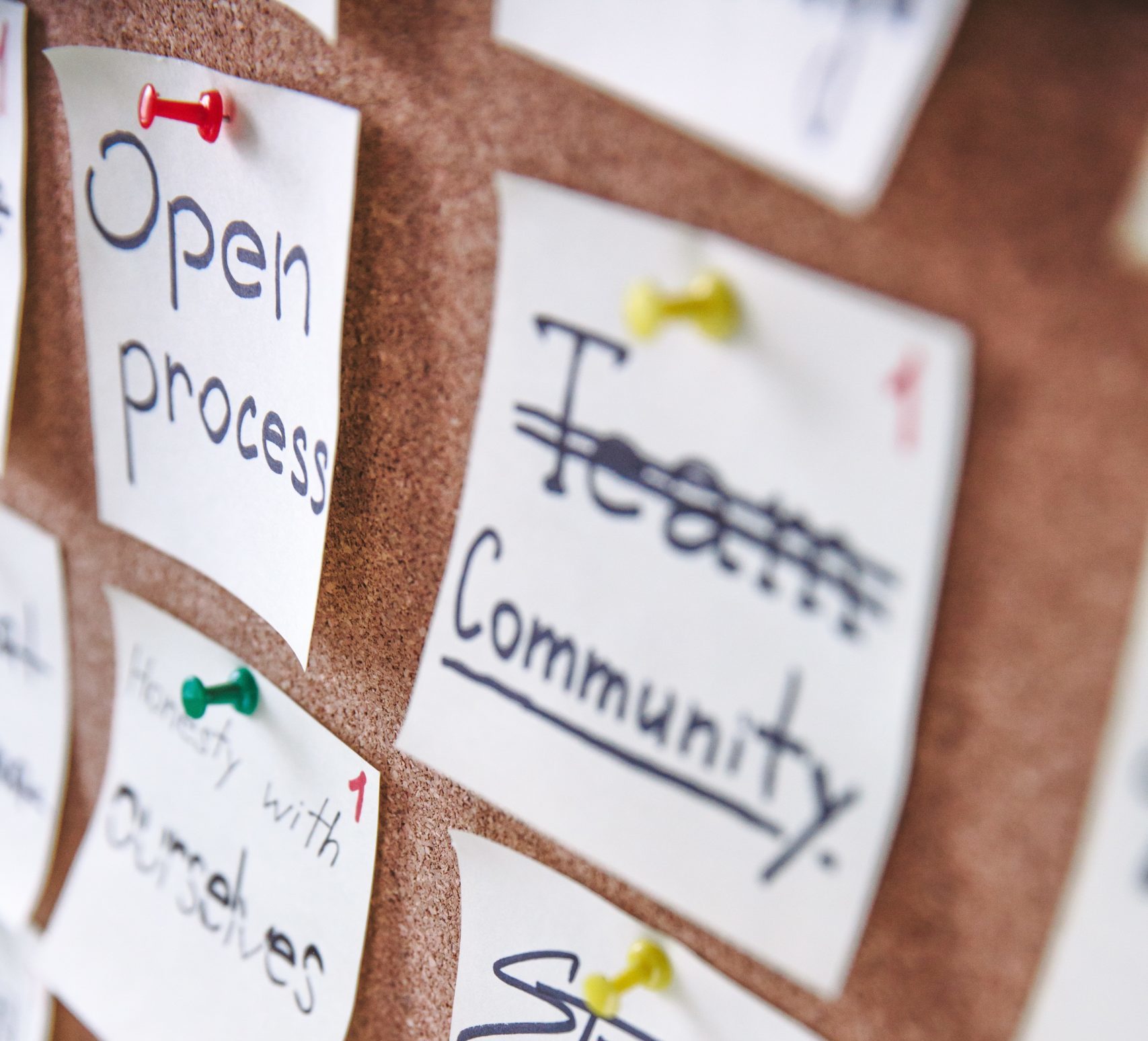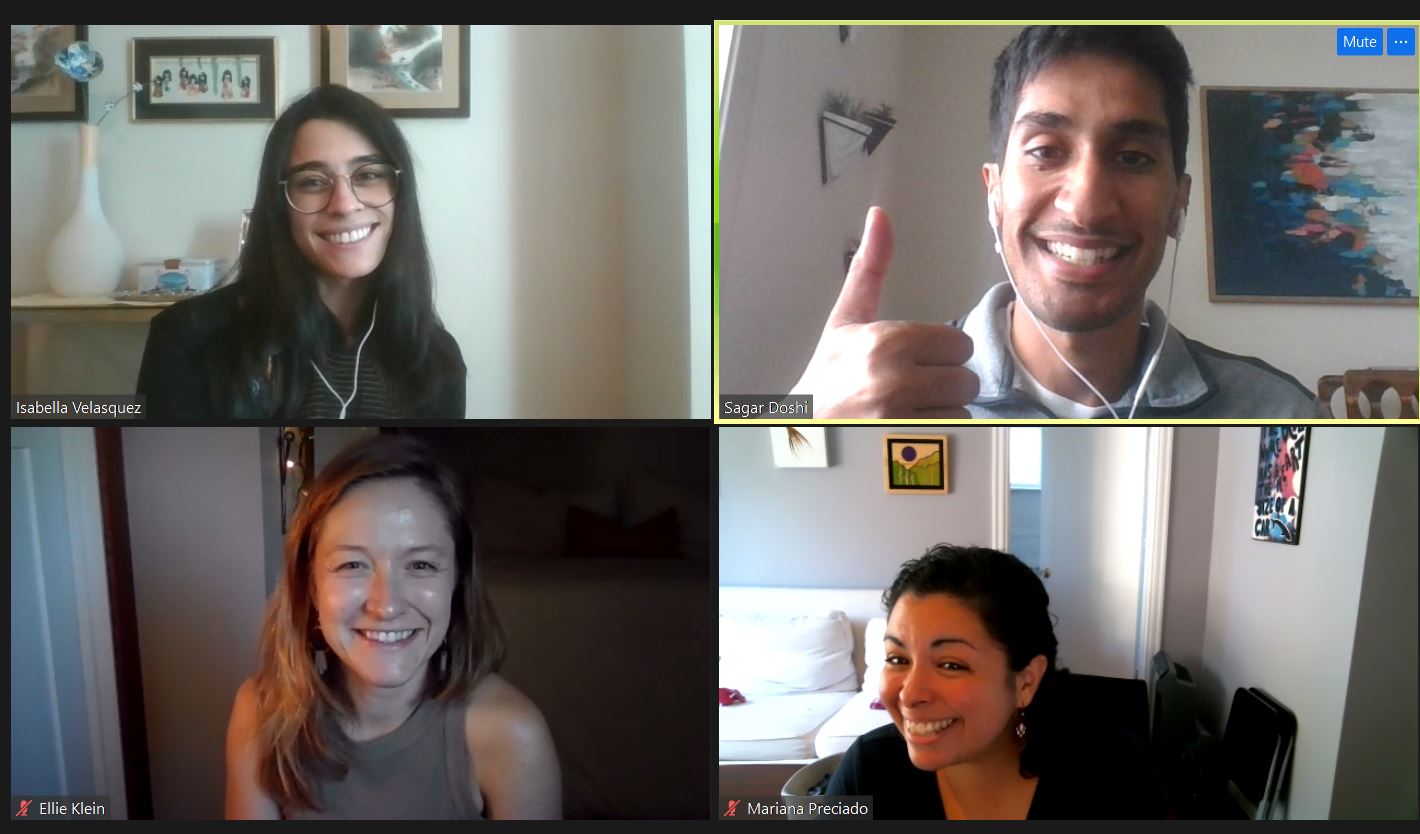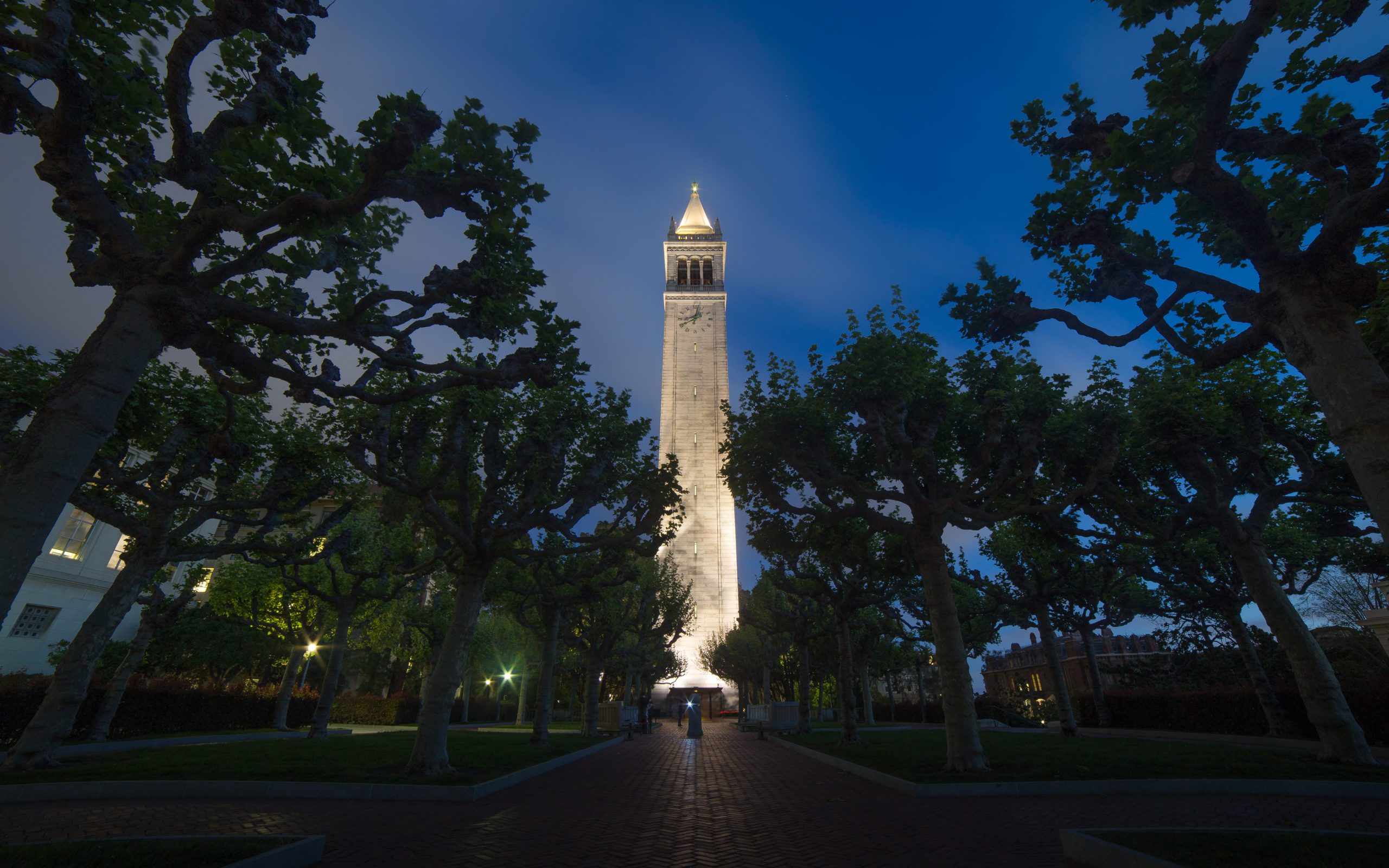Investment for Impact Research Prize Winner: Workers Value Purpose and Meaningfulness at Work

By This post originally appeared in Haas News (opens in a new tab). Here is the official announcement (opens in a new tab).
Job applicants will accept lower wages in order to work for a socially responsible employer, according to research by the winner of the newly launched Investment for Impact Research Prize.
Berkeley-Haas created the prize (opens in a new tab) last year to encourage new academic research on the social and environmental effects of capital investment.
The competition drew a total of 48 papers. A team of 11 judges from the academic, investment, and nonprofit world selected the winners.
The first-prize winner, Vanessa Burbano, an assistant professor of management at Columbia Business School, won for her paper, Social Responsibility Messages and Worker Wage Requirements: Field Experimental Evidence from Online Labor Marketplaces. (opens in a new tab)
“This paper is important because it speaks to a transition we’re seeing in the labor market,” said Adair Morse, (opens in a new tab) the award’s faculty co-director (with Assoc. Prof. Ayako Yasuda of the UC Davis Graduate School of Management) and an associate professor of finance at Berkeley-Haas. “It shows that the social–plus-economic agenda, as opposed to a purely-profit agenda, can be a powerful way to understand individuals’ decision-making.”
The winning paper presents the results of two experiments in which workers applied for short-term jobs online and, in some cases, were given information about the employer’s charitable giving. In the first experiment, this information prompted applicants to accept slightly lower payments on average, with the highest performing workers responding most strongly.
In the second experiment, prospective workers submitted 44% lower bids for payment after getting information about the employer’s philanthropy. Burbano described the study as one of the first to show that social responsibility messages prompt workers to accept lower compensation. In the case of corporate social responsibility and wages, it’s hard to demonstrate cause and effect, she noted. “But, by using online labor markets, we have a clean causal story.”
Using capital for public good
The new award was created when Haas alumnus Allan Spivack, (opens in a new tab)MBA 80, and CEO of RGI Home, offered last year to help the school finance a social impact research prize.
The Center for Responsible Business at Berkeley-Haas focused the prize on research into ways that capital can be used for public good, including social entrepreneurship and sustainable capital investment. The award complements Haas’s Moskowitz Prize (opens in a new tab), which concentrates on social responsibility at traditional investment funds.
“We award these prizes because Berkeley has always been a thought-leader in this space,” Morse said. “Thus, we at Berkeley-Haas want to continue to encourage rigorous scientific studies of how social agendas matter in broader contexts of economics, finance, law, management, or other social sciences.”
Two teams were awarded second prize, including Alexander Dyck of the University of Toronto, Karl Lins of the University of Utah; Lukas Roth of the University of Alberta; and Hannes Wagner of Italy’s Bocconi University, who found that institutional investors from countries with strong social responsibility values significantly influence the social and environmental performance of the companies they own. Caroline Flammer of Boston University, Bryan Hong of Ontario’s Western University; and Dylan Minor of Northwestern University showed that linking executive pay to a company’s social and environmental performance creates benefits ranging from lower carbon emissions to greater stock market value.


